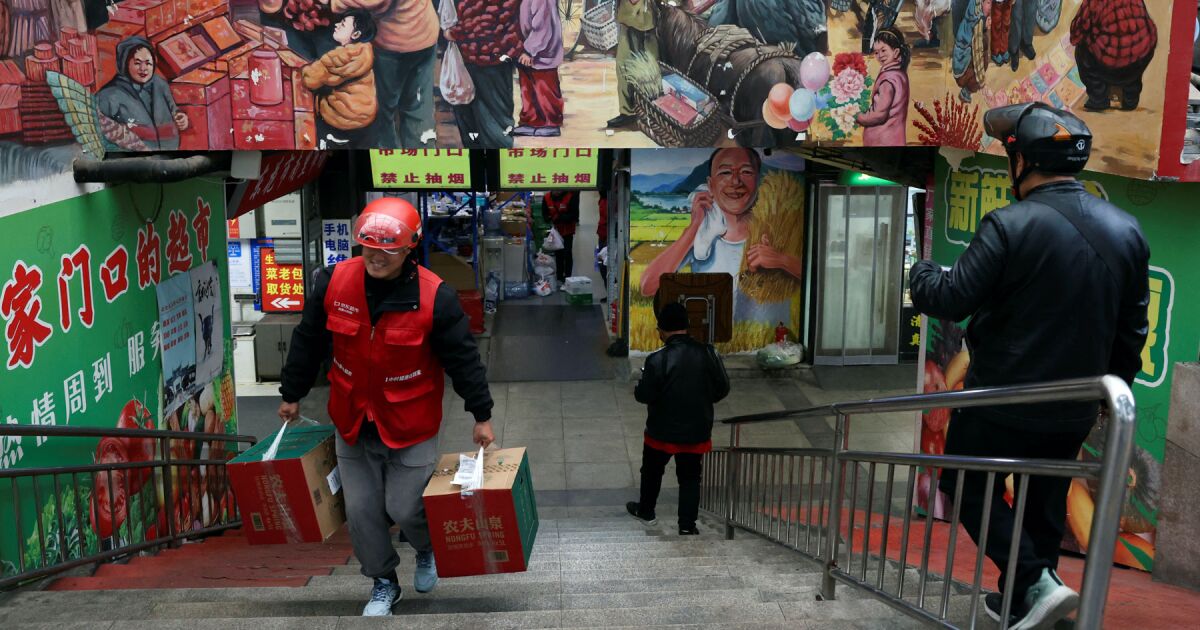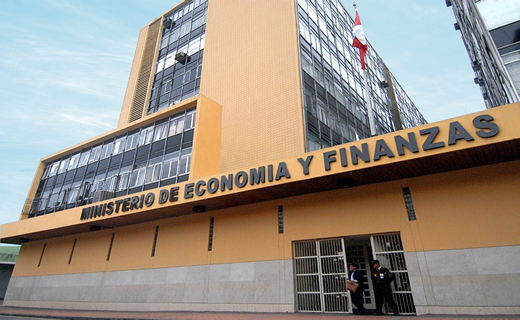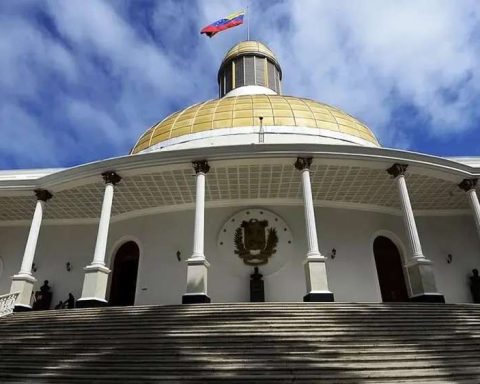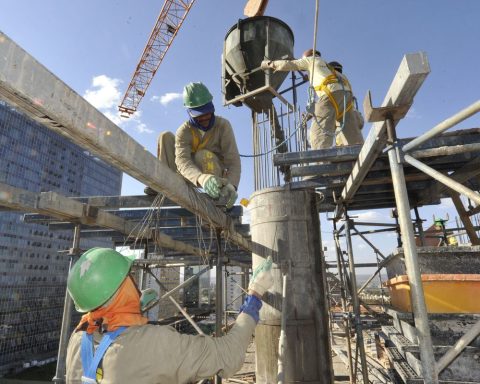This figure slightly exceeds the expectations of the experts interviewed by AFP, who predicted an average growth of 4.5%.
However, it is lower than the +4.7% in the April-June period and, above all, represents the weakest growth since the beginning of 2023, when China began to relax its strict measures against Covid-19.
On the other hand, retail sales, the main indicator of household consumption, rose in September at an interannual rate (+3.2%), after +2.1% in August, which represents an encouraging sign.
Likewise, urban unemployment fell to 5.1% in September, compared to 5.3% in August.
These figures offer a ray of hope after a series of disappointing data on inflation, investment and trade.
Faced with the economic slowdown, the authorities have announced in recent weeks a series of measures to stimulate activity.
The Chinese government aims to grow 5% this year, a number that any Western country would envy, but which is far from the double-digit expansion that the Chinese economy sustained for years.
“Correct direction”
The provisions initially announced caused euphoria in the markets, but optimism declined due to the lack of specific figures on the amount the government will invest in the stimulus.
One of the main problems facing China is the crisis in its real estate sector, which was an economic engine and now accumulates massive debt.
Beijing is “trying to convince with more noise than anything else about the stabilization of the real estate market,” Stephen Innes of SPI Asset Management commented in a note.
“But let’s be honest, the Chinese real estate problem is not something that can be fixed with a few speeches and half-measures,” Innes added.
This Friday, the Chinese central bank announced a program aimed at insurance companies and investment funds.
And its governor, Pan Gongsheng, indicated that a new reduction in the required reserve ratio (RRR) for banks could be carried out before the end of 2024, to provide greater lending margin.
At the same time, major Chinese banks announced that they will “lower interest rates on yuan deposits,” according to public television CCTV. This is the second reduction so far this year.

















